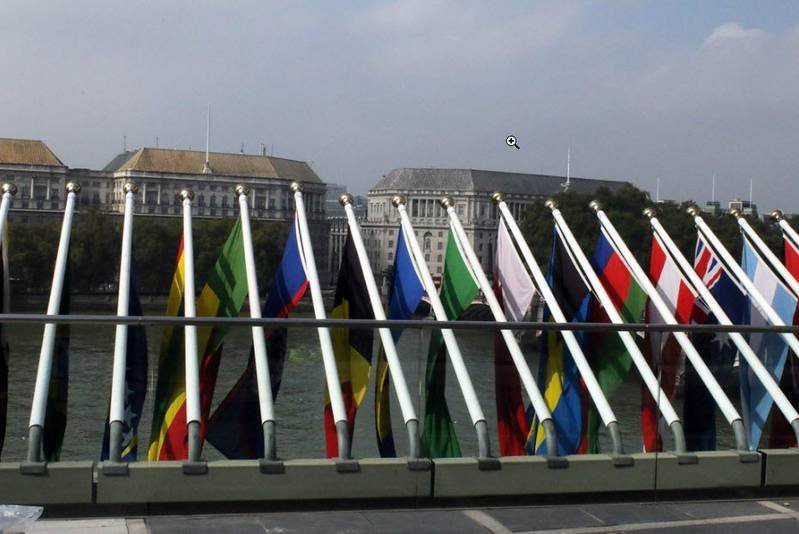During the IMO Subcommittee on Pollution Prevention and Control PPR 11, held from February 19 to 23, important guidelines were agreed upon to prevent pollution of the Arctic marine environment. These guidelines, which include measures to reduce soot emissions from international shipping and mitigate risks in the use of heavy fuel oil (HFO) as fuel in Arctic waters, will now be submitted to the IMO Marine Environment Protection Committee (MEPC) for approval. Lloyd’s Register highlights key agreements reached at PPR 11, such as draft best practice guidelines for controlling soot emissions and monitoring/reporting, expected to be approved at MEPC 82 in October 2024.
One of the key outcomes of PPR 11 was the draft guidelines aimed at reducing the impact of shipping activities on the fragile Arctic ecosystem. These guidelines include measures to control soot emissions from ships operating in Arctic waters, as well as guidelines on measuring and monitoring these emissions. Additionally, risk mitigation measures were discussed to address the use of HFO as fuel for ships in Arctic regions, with the expectation that Member States will begin implementing these guidelines early to protect the Arctic environment. The agreements reached at PPR 11 demonstrate a commitment to preventing pollution and minimizing the environmental impact of shipping activities in the Arctic region.
The importance of protecting the Arctic marine environment was underscored at PPR 11, with measures agreed upon to address the impact of shipping activities on this fragile ecosystem. The guidelines on reducing soot emissions from international shipping and mitigating risks associated with the use of HFO in Arctic waters are significant steps towards safeguarding this unique and pristine environment. With these guidelines set to be presented to the IMO Marine Environment Protection Committee for approval, it is evident that efforts are being made to ensure responsible and sustainable maritime practices in the Arctic region.







